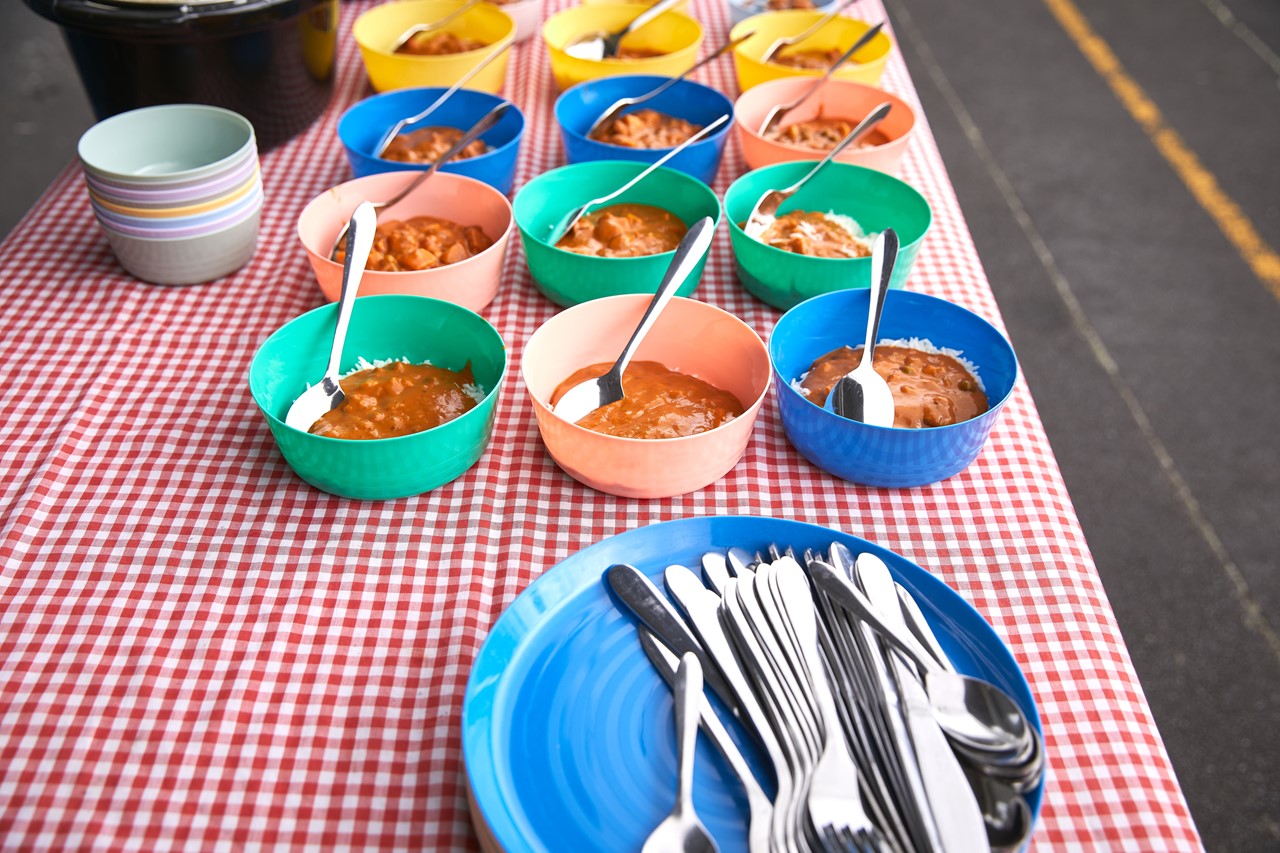
KidsCan welcomes the Government’s announcement of a new lunch fund for some primary and intermediate schools as an important step to strengthen support for Kiwi kids in hardship.
From 2020, the Government will fund daily free lunches for year 1-8 students in around 30 schools with high levels of disadvantage in the Bay of Plenty/Waiariki and Hawke’s Bay/Tairāwhiti. The programme will expand into 120 schools and kura by 2021. KidsCan is not receiving any of this funding, which will go directly to schools, but we are in discussions with Government about how we can support the delivery of this programme.
“This is a great step in the right direction by the Government, and good news for the primary and intermediate school children that this fund targets,” KidsCan’s CEO and founder Julie Chapman says. “We see every day the difference that providing food at school makes to children in hardship, but there’s so much more to do.
“I’ve always advocated for Government, business, charities and community working together to tackle child poverty as the issue is so big.”
KidsCan now feeds, clothes and provides basic hygiene items to 740 schools and 25 early childhood centres nationwide.
“We alone can’t keep up with demand for our programmes,” Chapman says. “In the last five years we’ve doubled the number of schools we support, but we still have 38 schools and more than 100 early childhood centres waiting for help. So this Government fund is absolutely needed, but the job isn’t done.”
The initiative will complement KidsCan’s existing programmes. The charity will continue to provide breakfast food, snacks, hot meals, raincoats, shoes, and basic health items, including sanitary products and head lice treatment. Demand for hot meals is increasing, with 424,546 servings of soups, curries and pasta distributed this year. Teachers say for some children it is their only hot meal of the day.
In addition to support for schools, KidsCan recently expanded into early childhood centres. In the first programme of its kind for Kiwi preschoolers, 950 children receive fresh daily lunches, snacks, jackets and shoes. Chapman says the charity had been inundated with requests from other centres struggling to support hungry under 5s.
“It’s the most crucial stage of a child’s development, and my dream is to make sure no preschooler in New Zealand is hungry,” Chapman says. “We need more help to reach those under 5s who are in urgent need of support.”
“We’ve been working for 14 years to tackle New Zealand’s huge problem with inequality. KidsCan started in my garage after we recognised many Kiwi kids were turning up to school cold, wet, and hungry - or not turning up at all.
“Thanks to our sponsors, business partners and individual supporters we now reach children in 740 schools and 25 early childhood centres nationwide. Now, it’s great to see Government stepping up their support. Child poverty is everyone’s problem - and the best way to break the cycle is with education. Let’s make sure every Kiwi kid can focus on learning, not how hungry or cold they are.”
KidsCan delivers its products directly to schools as ordered via an online portal, to ease the burden on teachers. So far this year KidsCan has provided:
Baked beans, bread, spreads, fruit, yoghurt, supergrain bars and scroggin, fuelling on average 31,000 children a week.